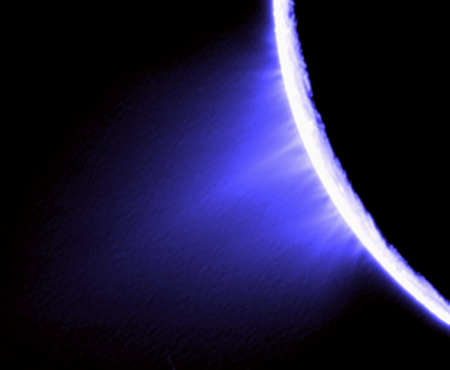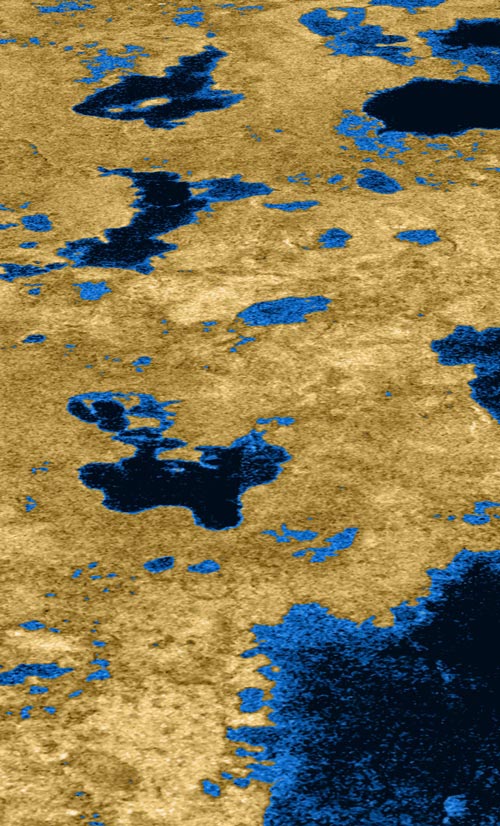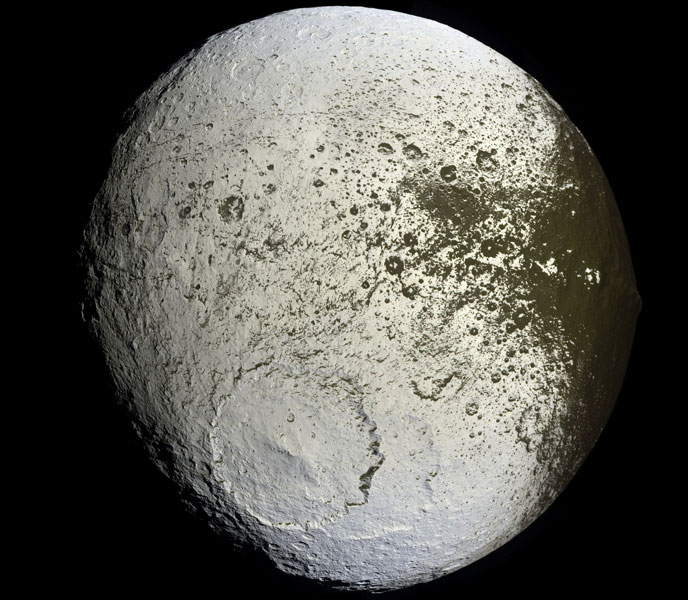When I was a kid in the sixties, my parents had a coffee table Reader's Digest style book about the natural world. I read that book a lot, and I definitely thought that it was serious. My favorite chapter was one that predicted that people in the year 2000 would visit Mars in the same way that people in the sixties visited Hawaii. There was an illustration of a little girl of perhaps three playing in a charter spaceship taking her and her family and a lot of other people to Mars to see the sights there. The author of the text reminded us that visits to Mars would require many more precautions than the usual malaria and tourist flu shots, and in all probability visitors to Mars would have to remove their wisdom teeth and appendices before embarking on their trip, just in case. Getting to see Mars would be a lot of fun, however, and while there would be no little green men there to greet the visitors (due to the atmosphere, which was too thin to sustain such complex life forms such as little green men), the Earthlings would at least be able to admire the Martian vegetation, which was undoubtedly the cause of the seasonal variation of the coloring of the Martian landscape which could be seen from the Earth. The Martian vegetation was expected to be particularly verdant and flourishing on the banks of the Martian canals.
Just a few years ago I came across an English translation of a Soviet book written around 1960, when people in the Soviet Union were still bursting with pride after their Sputnik achivement in 1957. The book took pains to explain many aspects of space flight and more basic concepts such as gravity, but it also speculated on what future cosmonauts might see when they reached other planets. On Mars the cosmonauts would be greeted by the intelligent inhabitants there. The sophisticated Martians had already made their presence known to us Earthlings through their planet-encompassing system of canals, which could be seen from the Earth. Or so this book said, anyway.
The book also predicted that Soviet cosmonauts would visit Venus. Much less was known about Venus than about Mars, the book explained, because the surface of Venus was perpetually hidden by thick clouds. However, since Venus was situated inside our solar system's habitable zone, Venus was expected to be much like the Earth, but warmer. They book hypothesized that Venus was covered by huge swamps where exotic animals may be roaming.
I vividly remember an article in my local newpaper from about 1970, where the science-dabbling reporter was shocked and horrified at the latest news from NASA, which revealed the surface of Venus to be hot enough to melt lead. It was not supposed to be like that, the reporter wailed. The surface of Venus was supposed to have a temperature of about 80-90 degrees Celsius, and there were supposed to be steaming hot ponds of water there were heat-loving bacteira would thrive. How, asked the reporter, can Venus be inside the habitable zone and still not be the least bit habitable?
In another folder in this forum, there has been a thread suggesting that the Kepler mission has found "hundreds of Earth-like planets". While the thread in question clears up the confusion between Earth-like and Earth-size planets, the thread still remains, in my opinion, very optimistic about the number of habitable (and, we may suppose, therefore also inhabited) worlds in our galaxy:
Hundreds of millions of habitable, or at least potentially habitable, rocky planets like the Earth in the Milky Way? Well, if the most optimistic interpreters of the Drake equation are right when they suggests that there may be a hundred million technological civilisations in our galaxy, then there had better be several million planets whose inhabitants have not yet become advanced enough to, like the Martians, build a planet-spanning system of canals.There may very well be hundreds of millions of potentially habitable rocky planets in the Milky Way, but solid estimates are still a ways off.
Oh. There are no intelligent Martians on Mars and no planet-encompassing system of canals. I forgot.
This is my point. I was made to believe, when I was a kid, that being inside a theoretical habitable zone was all it took for a rocky planet to produce fairly complex life forms. When I read today's news about extra-solar planets, I feel I'm being told that these planets are expected to be habitable and probably inhabited as long as they are made of rock and orbit inside their star's habitable zone. I definitely think that the general public will get this impression of the news they are exposed to.
So I'll ask you this question. What makes the Earth habitable and so abundantly inhabited? Is it just that the Earth is made of rock and orbits at such a comfortable distance from the Sun? Venus is also made of rock, and it is almost exactly the same size as the Earth, but it orbits too close to the Sun. What if we could put Venus in Earth's orbit? Would Venus become habitable? Would it suddenly have oceans? Would it start sprouting all kinds of life?
Maybe Venus has had such a runaway greenhouse effect that it can't be made habitable even if it could be put in an Earth-like orbit. What if Venus could have been put in an Earth-like orbit when the planet was young, however? Would that have made Venus evolve into a kind of Earth? Would it have had an Earth-like atmosphere and Earth-like oceans, if Fate had just been kind enough to put in an orbit exactly one A.U. from the Sun?
Personally I really doubt that Venus could be "fixed" that easily. And I definitely believe that many more Goldilock factors were required before the Earth could start teeming with life.
I just think that the search for life-friendly planets in the Milky Way is too simplistic. Surely there is more to the life-friendliness of the Earth than the rocky composition of the planet and the size of its orbit around the Sun?
Ann






